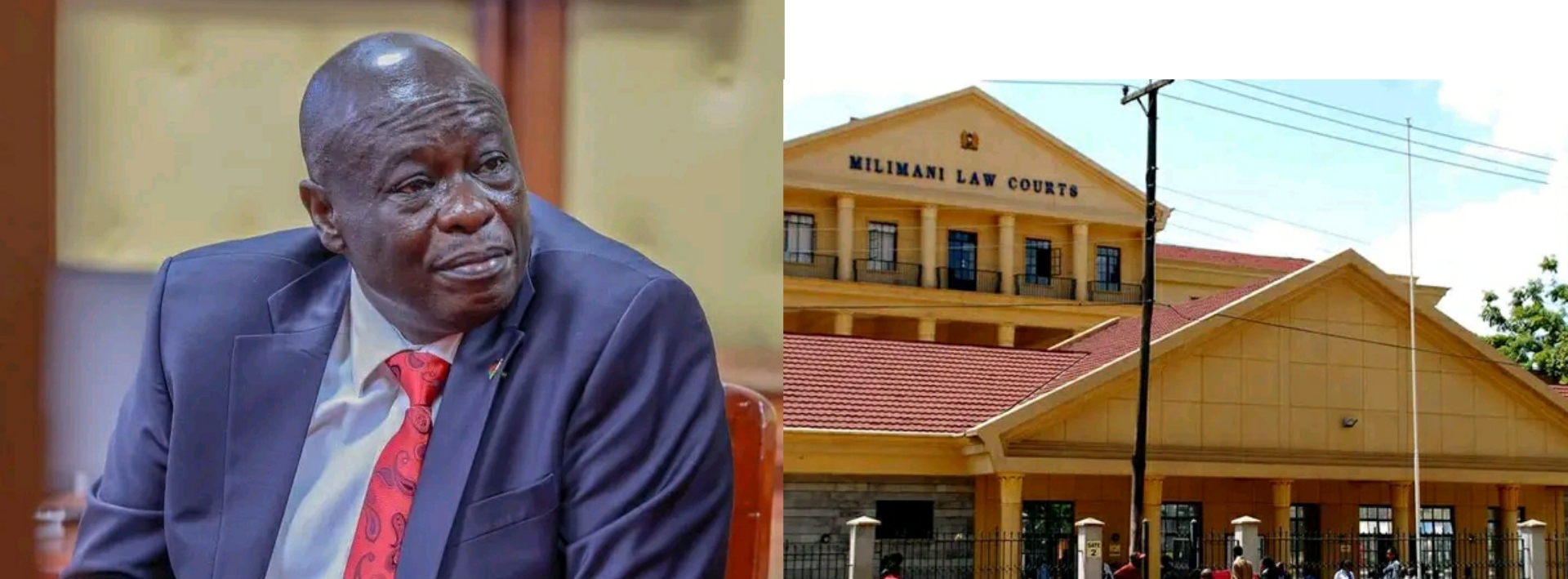Summary:
- The High Court rejected Deputy President Rigathi Gachagua’s request to stop his impeachment trial.
- The Senate is now allowed to proceed with the impeachment.
- This decision is a setback for Gachagua, who wanted to block the process.
- The ruling confirms the Senate’s authority to handle impeachment proceedings.
The High Court has ruled against Deputy President Rigathi Gachagua’s attempt to halt his impeachment trial. This decision allows the Senate to move forward with the impeachment process as planned.
The High Court’s ruling makes it clear that the Senate has the power to oversee impeachment trials. Gachagua had argued that the proceedings should be stopped, but the court found these arguments unpersuasive.
This ruling is a significant setback for Gachagua, as the Senate is now set to take up the case. The outcome of this trial could affect Gachagua’s political future and the dynamics within the Kenyan government.
As the Senate prepares to proceed with the impeachment, many are watching closely to see how the situation unfolds. This trial could set important precedents for how impeachment cases are handled in the future.
The High Court’s decision to allow Gachagua’s impeachment trial to continue highlights the importance of following constitutional processes in Kenya. With the Senate ready to take action, the implications for Gachagua and the ruling party are significant. This ruling serves as a reminder of the judiciary’s role in maintaining democracy in the country







